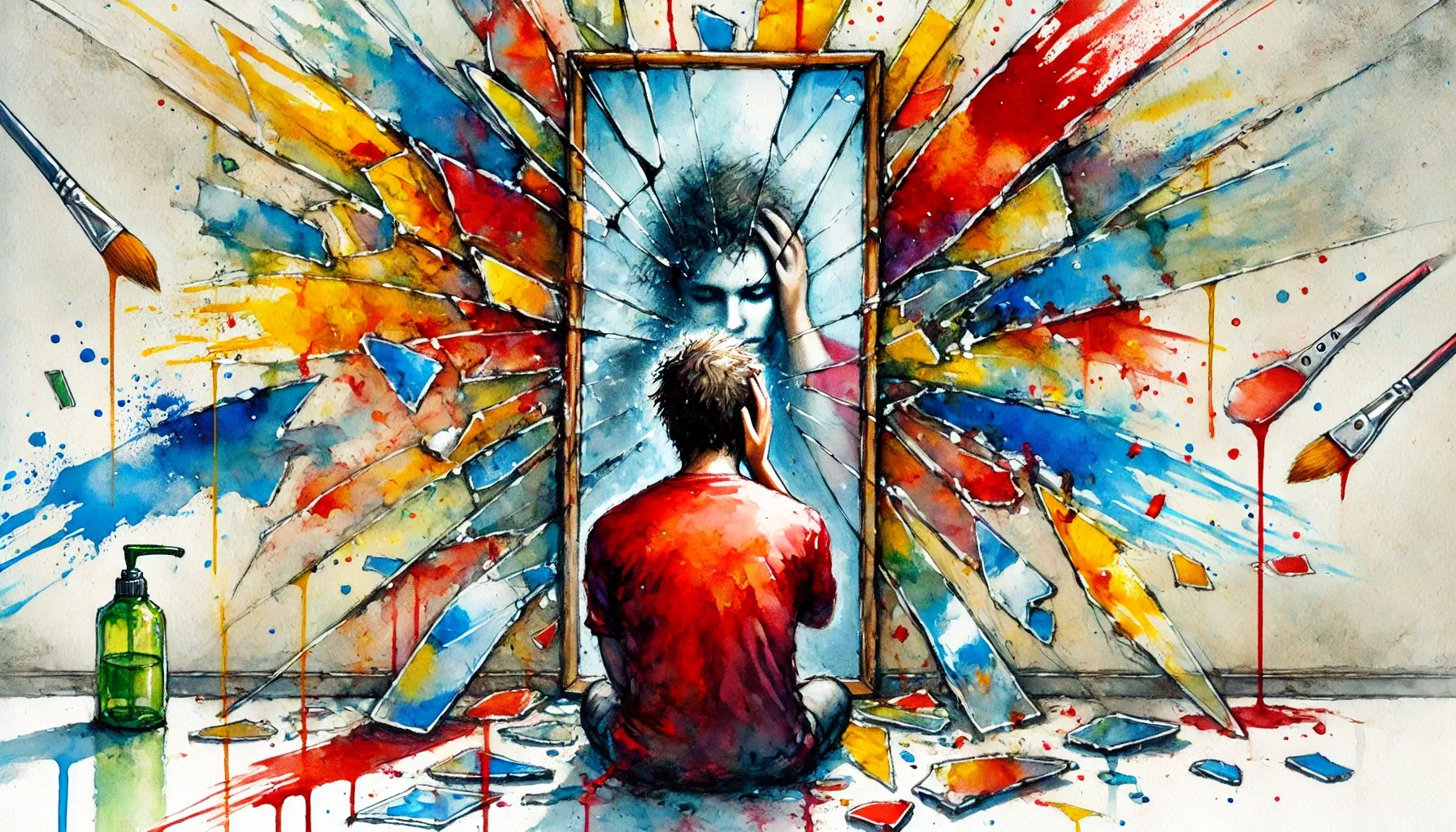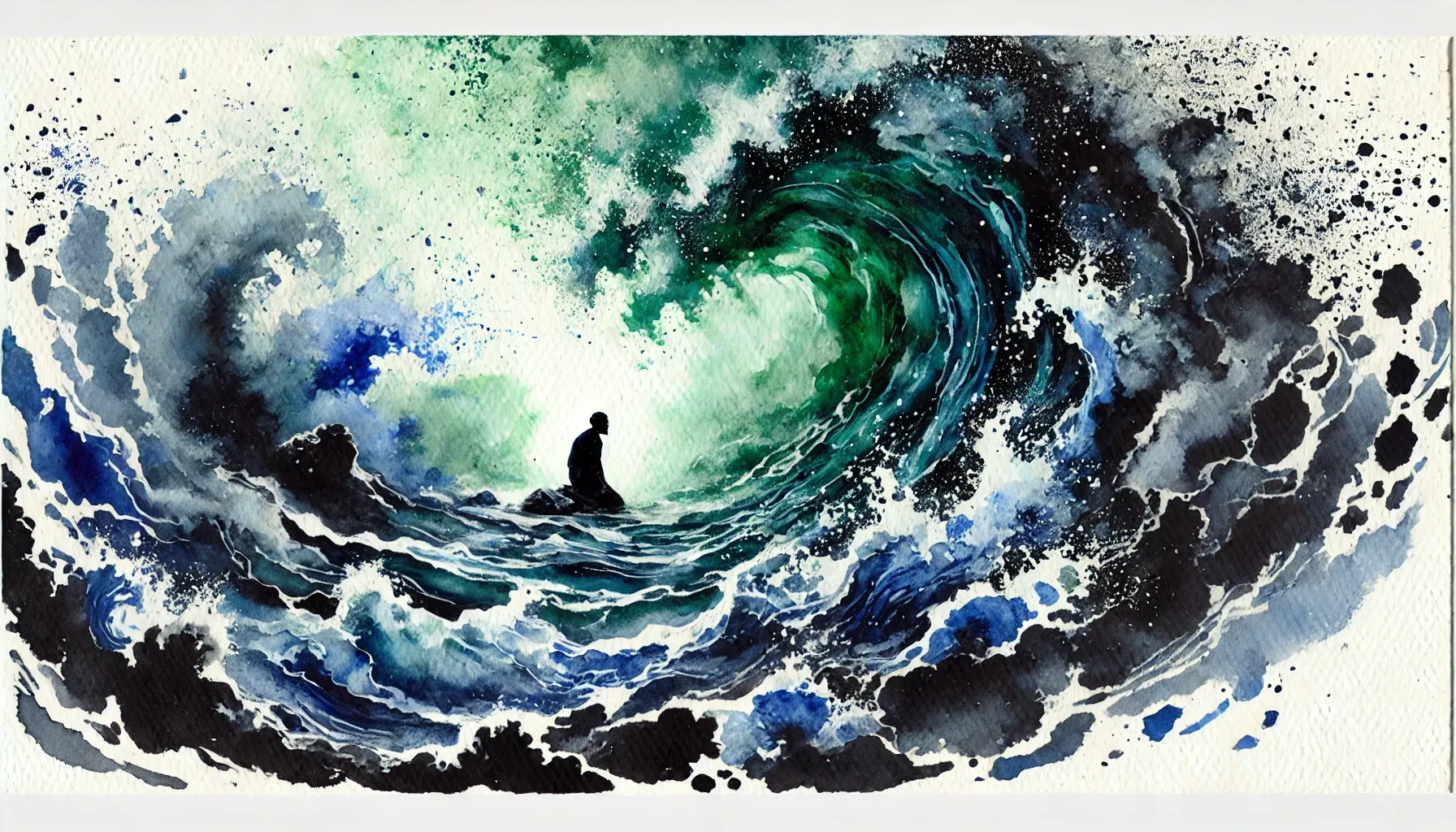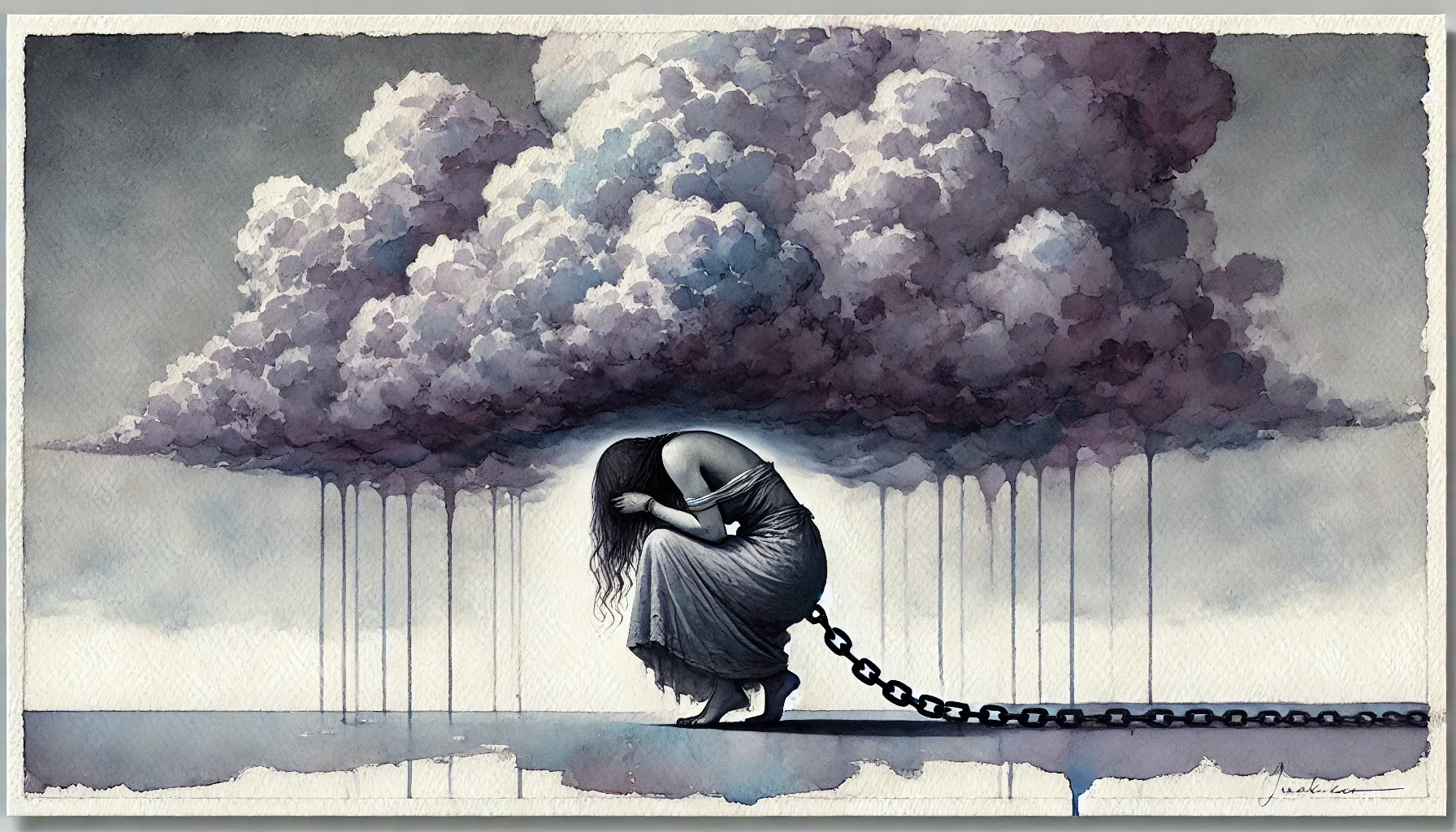Emotional Intelligence Development Melbourne
Understanding your emotions is the first step toward mastering them. Our Emotional Intelligence Development program focuses on deepening your self-awareness and honing your ability to regulate emotions effectively. Through guided exercises and reflective practices, you’ll learn to identify emotional patterns, manage stress, and respond to challenges with clarity and composure. These skills not only improve your mental well-being but also empower you to handle life’s complexities with confidence and resilience.
Improving Interpersonal Relationships
Strong relationships are built on empathy and understanding. In our program, we help you cultivate empathy, enabling you to connect more deeply with others and foster meaningful interactions. By developing active listening skills and learning to appreciate diverse perspectives, you’ll enhance your ability to communicate effectively and resolve conflicts constructively. These tools are invaluable for creating healthier, more fulfilling personal and professional relationships.
Emotional Intelligence can help you to find:

You will have the confidence that whatever happens, you will be able to handle it, reach your full potential, and become the person you have always wanted to be.

Clarity can help you tackle the obstacles that are holding you back and open up new avenues of discovery and growth.

You will learn constructive ways to manage the issues that life presents, enabling you to cope with turbulent times, and bounce back from hardship and tragedy.

With focus, you can cope with life’s stresses, recognise your abilities, and find the answers you seek.

Empower you to discover personal strengths and capacities so that you are able to take control of your life.

Together, we can make a real difference in how your beliefs, values, and attitudes influence your daily life.
Expert-Led Strategies
Our team of specialists is dedicated to helping you unlock the full potential of emotional intelligence. With evidence-based techniques and personalised counselling, we provide the tools and insights you need to thrive in every aspect of life. Whether you’re looking to improve leadership skills, strengthen connections, or simply grow as an individual, our program offers a transformative experience that equips you for success in both your personal and professional journey.
Looking for Emotional Intelligence Development in Melbourne? Contact us today!
Depression Resources
Counsellors and psychologists are both licensed professionals who offer people mental health support. These two healthcare professions are often confused with each other as they overlap in terms of the help they can provide.
Counselling generally refers to short-term treatment while psychologists typically refers to longer-term treatment such as mental health disorders. Counselling can help a person process powerful emotions such as grief or anger, deal with immediate causes of stress and anxiety, clarify values and identify options when making important personal or professional decisions, manage conflicts within relationships, develop better interpersonal and communication skills, or intentionally change unproductive thoughts and behaviours.
Counsellors can confidentially listen to, empathise and talk with you about the following issues and problems;
- Relationship Conflicts
- Life transitions such as the Birth of a New Baby, Separation, Divorce
- Parenting
- Anger Management
- Domestic Violence
- Battling Addictions
- Dealing with Loss and Bereavement
- Resolving Work-related Issues
- Overcoming Depression, Stress and Anxiety
- Eating Concerns / Self-Esteem / Body Image
- Resolving Family and Relationship Issues
- Increasing Self-confidence and Self-esteem
- Recovering from Trauma
- Spirituality
- Suicidality
Our mission is to make counselling affordable for all people, so we use Calendly and Stripe to keep costs low for you. Data that passes through Calendly is encrypted, both in transit and at rest. All connections from the browser to the Calendly platform are encrypted in transit using TLS SHA-256 with RSA Encryption. Stripe is the most stringent level of certification available in the payments industry. To accomplish this, Stripe uses the best-in-class security tools and practices to maintain a high level of security.
Yes, it is common for people to experience some initial nervousness. My Practice always endeavours to provide a warm and understanding environment in which to help people feel more comfortable.
Generally, counselling typically involves a few weeks of relatively intensive treatment (usually 1 appointment per week), followed by as many maintenance sessions as you and your counsellor feel is appropriate (usually fortnightly or monthly).
There is no need to prepare anything specific prior to your initial appointment. It can however be helpful to think about what you might want to talk about in the sessions. If you have areas you would like to target, think about describing these. If you have goals for improvement (in your relationships, work, or self-esteem, for example), bring them to your first session, as well as any obvious obstacles or barriers you are aware of.








